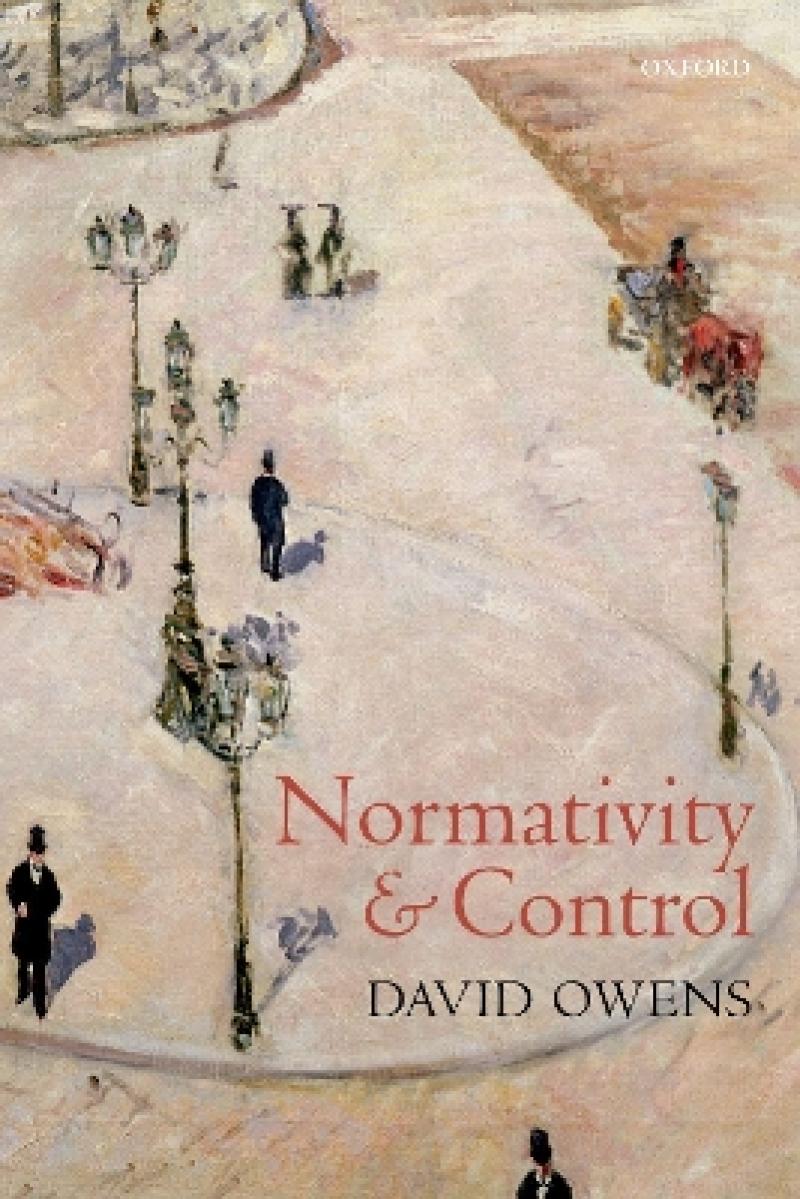Do we control what we believe? Are we responsible for what we believe? These two questions are connected: the kind of responsibility we have for our beliefs depends on the form of control that we have over them. For a number of years David Owens has investigated what form of control we must have over something in order to be held to the norms governing that thing, and has argued that belief, intention and action each require a different type of control. The forms of freedom appropriate to each of them vary, and so do the presuppositions of responsibility associated with each of them. Issues in the moral psychology of belief cast light on some of the traditional problems of epistemology and in particular on the problems of scepticism and testimony.
In this series of ten essays Owens explores various different forms of control we might have over belief and the different forms of responsibility they generate. He brings into the picture notable recent work in epistemology: on assurance theories of testimony, on 'pragmatic encroachment', on the aim of belief and on the value of knowledge. He also considers topics in related fields such as the philosophy of mind (e.g. the problem of self-knowledge and theories of the first person) and the philosophy of action (e.g. the guise of the good and the role of the will in free agency). Finally, Owens suggests a non-standard reading of the sceptical tradition in early modern philosophy as we find it in Descartes and Hume.
Seven of the essays collected here are previously published, one has been heavily revised, and two are previously unpublished. Owens provides a substantial introduction bringing together the themes of the essays.
Les mer
Do we control what we believe? Are we responsible for what we believe? In a series of ten essays David Owens explores various different forms of control we might have over belief, and the different forms of responsibility these forms of control generate.
Les mer
Introduction
Normativity: Epistemic and Practical
1: Epistemic Akrasia
2: Does Belief Have an Aim?
3: Deliberation and the First Person
4: Value and Epistemic Normativity
Scepticism
5: Scepticisms: Descartes and Hume
6: Descartes's Use of Doubt
Practical Freedom
7: Freedom and Practical Judgement
8: Habitual Agency
Testimony
9: Testimony and Assertion
10: Human Testimony
Les mer
David Owens develops his influential theory of human freedom
Bridges epistemology, moral philosophy, and philosophy of action
Draws together some of the author's most notable essays with a large amount of new material
Les mer
David Owens is Professor of Philosophy at King's College London. He is the author of Shaping the Normative Landscape (Oxford 2012), Reason Without Freedom (Routledge 2000), and Causes and Coincidences (Cambridge 1992).
Les mer
David Owens develops his influential theory of human freedom
Bridges epistemology, moral philosophy, and philosophy of action
Draws together some of the author's most notable essays with a large amount of new material
Les mer
Produktdetaljer
ISBN
9780198851691
Publisert
2019
Utgiver
Vendor
Oxford University Press
Høyde
230 mm
Bredde
153 mm
Dybde
14 mm
Aldersnivå
P, 06
Språk
Product language
Engelsk
Format
Product format
Heftet
Antall sider
272
Forfatter
